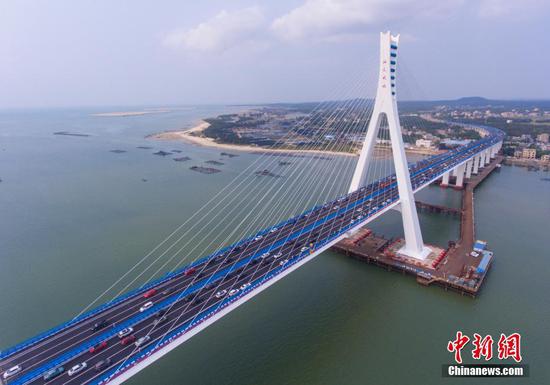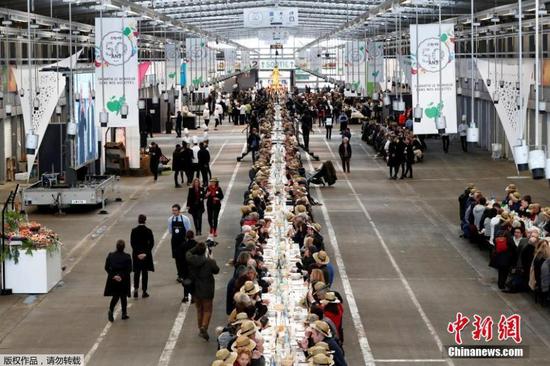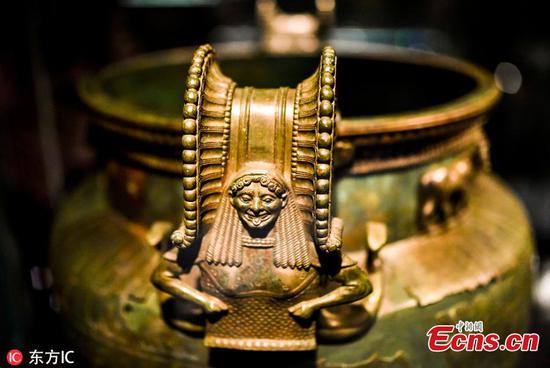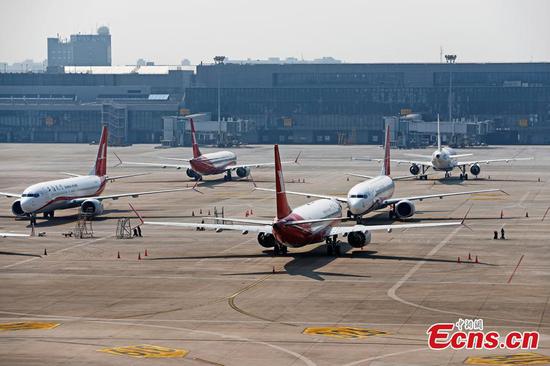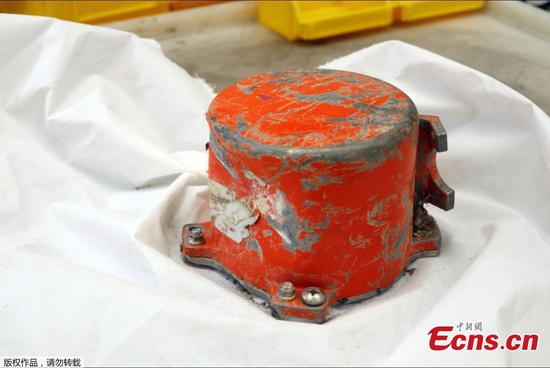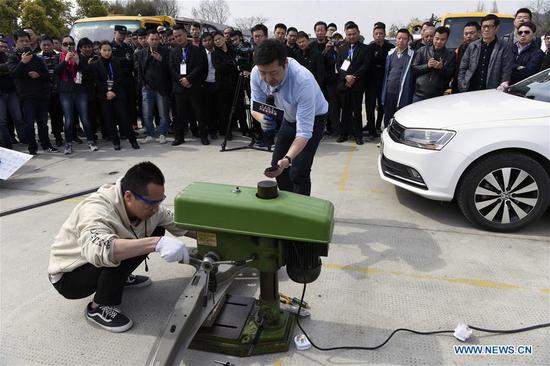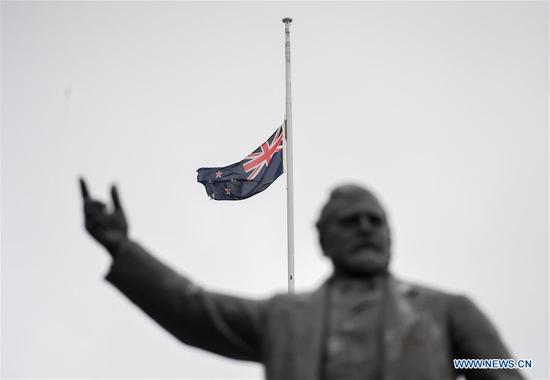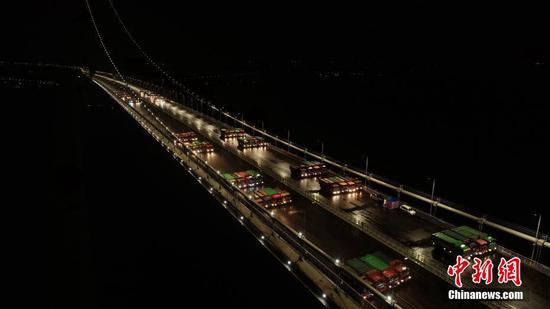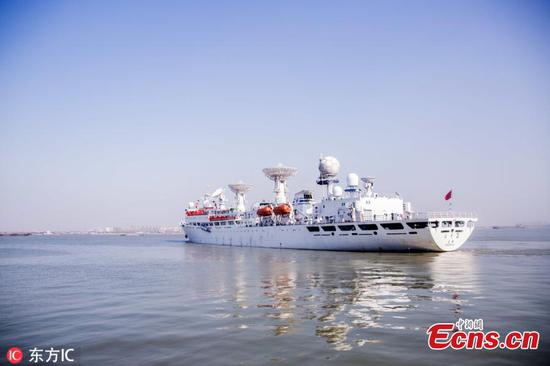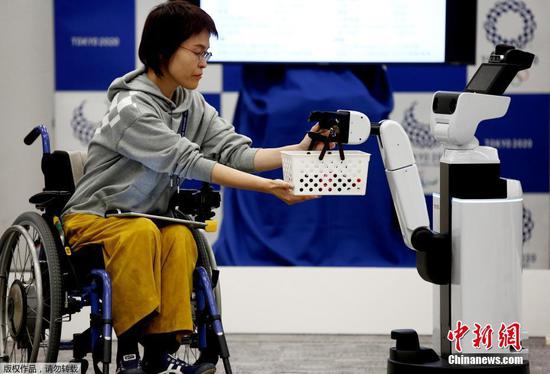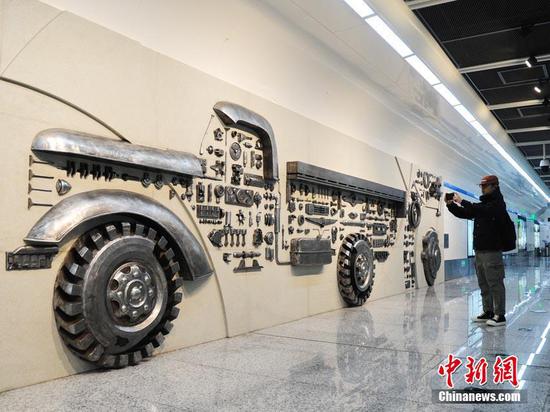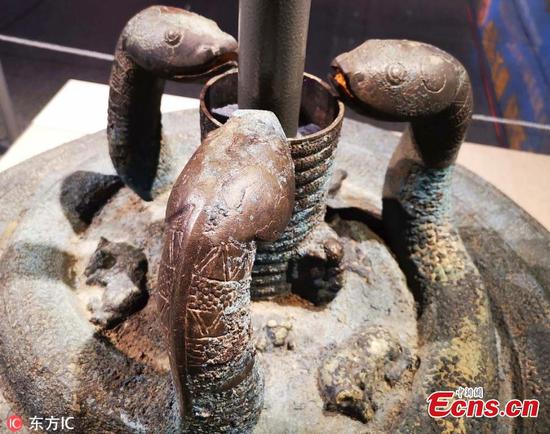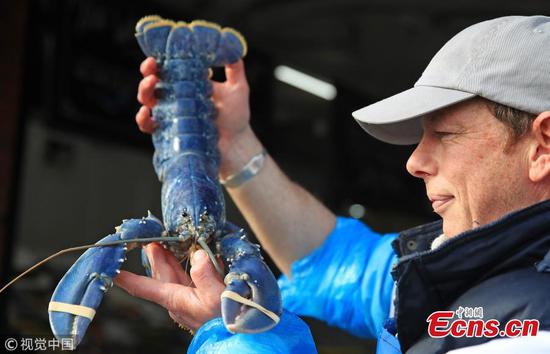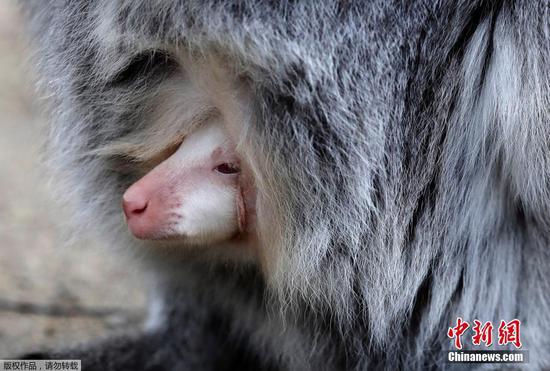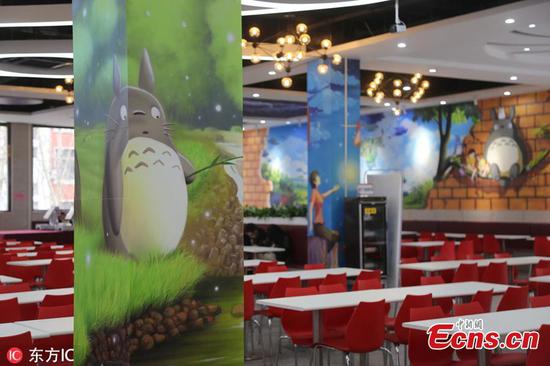Five premium automotive brands have cut the prices of their models sold in China after the nation announced that it will reduce the value-added tax by 3 percentage points in the manufacturing sector starting from April.
Analysts say their fast response is intended to attract customers and help keep a rising trajectory they have managed to achieve in an overall sluggish and increasingly competitive market. They expected more premium brands to join the race.
Mercedes-Benz made the first move in the new wave of price cuts on Friday, calling it the response to the national VAT adjustment, with the tax set to drop in the manufacturing sector from 16 percent to 13 percent and in the transport sector from 10 percent to 9 percent.
The cuts shown on the Daimler-owned carmaker's social media page range from 7,000 yuan ($1,042) for a smart-branded car to 64,000 yuan for a Mercedes-AMG. Its move was followed by BMW and Volvo, which offered similar cuts for their respective lineups of vehicles on Saturday.
Jaguar Land Rover, which is seeking a turnaround in China, announced its move on the same day, with the prices of selected Range Rover models slashed by 85,000 yuan. Ford's premium arm Lincoln's announcement came on Sunday, cutting the prices of its models by up to 20,000 yuan.
"Price cuts will create favorable conditions for consumption. As the overall market is sluggish, they may have wanted to cut prices, and the central authorities' initiative offered them a good opportunity to do it," said John Zeng, managing director of LMC Automotive Shanghai.
Car sales in China, the world's largest vehicle market, stood at 1.48 million in February, down 13.8 percent year-on-year, the eighth month of decline in a row. In 2018, the country saw a 2.8 percent fall year-on-year, the first since 1990.
Yale Zhang, managing director of Shanghai-based consulting firm Automotive Foresight, said price cuts will attract owners of volume brand cars to trade in for premium entry-level ones, like the BMW 3 Series and the Mercedes-Benz C-class.
He said there are usually two tools to increase sales: cut the prices to stimulate customers' appetite and launch new models to meet the demands of different people.
Both Zhang and Zeng estimated that premium carmakers will see positive growth again this year, even the same level as last year, where they secured 8 percent growth to sell a total of 2.8 million vehicles.
The prospects are partially based on carmakers' product plans in China, which they are increasingly relying on for their global sales.
Mercedes-Benz is to launch more than 15 new models for Chinese customers, saying it is "cautiously optimistic" in the market that accounts for a quarter of the brand's global sales.
BMW will introduce 21 in its largest ever product offensive in its history. Harald Krueger, BMW chairman, said he expects the models will help generate "high single-digit growth" this year.
Last year, its deliveries in the country grew 7.7 percent year-on-year to around 640,000 vehicles, some one quarter of its global total.
Lincoln, which is recovering from Sino-US trade disputes, is scheduled to start local production this year, with the first model, an SUV, to roll off the assembly line by late 2019, said Mao Jingbo, president of Lincoln Asia-Pacific and Lincoln China, in late February.
The US carmaker is planning to have three locally produced vehicles by the end of 2021, as part of its "China first" strategy. Its global flagship store was unveiled last week in Shanghai, where its Asia-Pacific headquarters is located.










